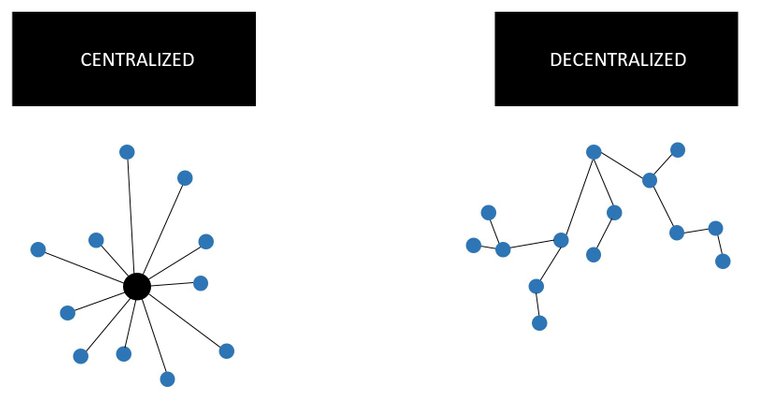Private Blockchains And Their Use Cases

Blockchain is a buzzword that you cannot escape from today. It’s not just tech enthusiasts and industry experts who are interested in it – the general population has also developed an increasing curiosity about this great technology.
The interest in this new way of storing information is so great that there have been many articles (probably hundreds)
written about blockchains as well as many developers creating apps (e.g Dapps) using this technology.
This article will tell you all about private blockchains: what they are, how they differ from public blockchains, and what known use cases they serve.
What Is A Private Blockchain?
A private blockchain is a distributed database that allows access to only invited users. The blockchain itself is accessible by all of the participants of an organization, but its contents are hidden from non-participants.In addition, Private blockchains are not decentralized and they do not have trustless transactions. They may also be closed source, though this isn't necessarily true in all cases.
How Does A Private Blockchain Differ From A Public Blockchain?
The main difference between private and public blockchains is that the former is controlled by a single entity (centralized), while the latter is controlled by multiple entities (decentralized).Private blockchains are usually limited to a small number of users who have been invited to join by a central party. The most common use case for this kind of blockchain is in an enterprise setting where all participants need to be known and trusted before they can access the data stored on it.
Public blockchains, on the other hand, allow anyone with internet access to participate in transactions or write new data to its ledger — even if they don't know each other. This makes them ideal for use cases where anonymity or pseudonymity are important (think financial transactions).
Use Cases Of Private Blockchains
Private blockchains are used in a variety of ways, including tracking transactions and assets. They can also be used to monitor the delivery of goods as they move through supply chains or to ensure that healthcare providers follow proper procedures.Private blockchains in some cases can even provide financial institutions with faster transaction processing times and lower costs than those associated with traditional databases.
Examples Of Private Blockchain Development
*The first example is that a company can use private blockchains for asset management and handling shared services. This is one of the applications that is currently been widely used by many companies to make their businesses more efficient.Another example is that they can use private blockchains for recording transactions between two parties in a secure manner. By doing this, both parties will know exactly what has happened with their assets during these transactions.
Blockchains can be used to create private networks that are only accessible to invited users. This can be useful for internal record keeping, or for a supply chain in which you have limited access to other people’s records. Business networks, such as consortiums (for example, the Linux Foundation) could also benefit from the use of private blockchains.
There are several platforms available on which you can develop your own blockchain application; a popular example is the Ethereum Virtual Machine (EVM) hosted on the Ethereum Platform.
Conclusion
Private blockchains are a great way for businesses to use blockchain technology without having to worry about how it will affect their operations.It allows them to test out new ideas in a controlled environment before introducing anything into production, which means less time spent on testing and more time spent improving product offerings.
Private blockchains also allow organizations with strict regulatory requirements like banks and governments access to blockchain technology without sacrificing privacy or security concerns over public networks like Bitcoin (BTC) or Hive.
With these benefits in mind, expect many more companies utilizing private blockchains as they become more popular in the coming years.
*Source: https://www.blockchain-council.org/blockchain/a-comprehensive-guide-on-private-blockchains/
Thanks For Reading!
Profile: Young Kedar
Recent Posts;
● 3 Things To Consider Before Investing Into People
● Crucial Lessons From 2022
● The Missing Link On Why People Don't Stick To New Year Resolutions
● Is Perpetual Wealth Just A Myth
● Some Famous Limiting Beliefs About Money!
Dolphin Support: @cryptothesis
Posted Using LeoFinance Beta


A very nice discussion of public and private blockchains.
Posted Using LeoFinance Beta
Yes, Indeed. Private blockchains have some spectacular use cases.